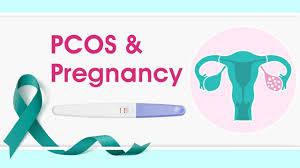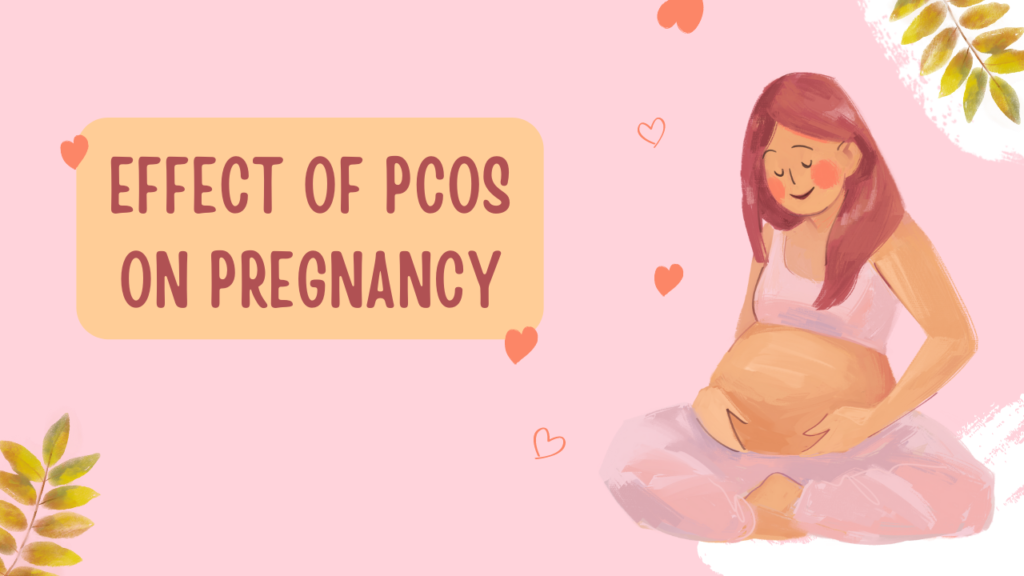PCOS and Pregnancy
PCOS stands for Polycystic Ovary Syndrome. It is a hormonal disorder that affects women of reproductive age. Women with PCOS often have high levels of androgens (male hormones) and may have cysts on their ovaries, although not all women with PCOS have cysts.

Cause of PCOS:
The exact cause of PCOS is not fully understood, but it is thought to be a combination of genetic and environmental factors. Some of the known factors that may contribute to the development of PCOS include:
Insulin resistance: Women with PCOS are often resistant to the hormone insulin, which can lead to high levels of insulin in the body. This can cause the ovaries to produce more androgens, such as testosterone.
Hormonal imbalances: Women with PCOS may have high levels of androgens, such as testosterone, and low levels of estrogen and progesterone. This hormonal imbalance can interfere with the development and release of eggs from the ovaries, leading to irregular periods and difficulty getting pregnant.
Inflammation: Inflammation in the body may contribute to the development of PCOS. Women with PCOS often have higher levels of inflammatory markers in their blood.
Genetics: PCOS tends to run in families, suggesting that there may be a genetic component to the condition.
Environmental factors: Environmental factors such as exposure to certain chemicals or toxins may also play a role in the development of PCOS.
Effect of PCOS:

It’s important to note that not all women with PCOS have the same underlying causes, and the condition can vary in severity. Additionally, some women may have a predisposition to developing PCOS but may never actually develop the condition.It can increase the risk of developing health problems such as
- Type 2 diabetes
- High blood pressure
- Heart disease
Treatment options for PCOS include lifestyle changes such as exercise and dietary modifications, hormonal medications, andfertility treatments.
How PCOS affects pregnancy: PCOS and pregnancy are two contradictory terms as having PCOS can affect pregnancy in several ways.
Firstly, women with PCOS may have difficulty getting pregnant due to irregular ovulation or anovulation (lack of ovulation). This can make it challenging to predict the fertile window and time intercourse appropriately.
Secondly, women with PCOS are at an increased risk of pregnancy complications such as gestational diabetes, preeclampsia, preterm delivery, and cesarean section. These risks are thought to be related to the underlying hormonal imbalances and insulin resistance associated with PCOS.
Thirdly, women with PCOS have a higher risk of miscarriage, particularly in the first trimester. This is thought to be due to hormonal imbalances and other factors that can interfere with implantation and fetal development.
Lastly, women with PCOS may have an increased risk of giving birth to a baby with macrosomia (large birth weight), which can increase the risk of delivery complications for both the mother and baby.
It’s important for women with PCOS to work closely with their healthcare provider to manage their condition before and during pregnancy, to reduce these risks and optimize their chances of a healthy pregnancy and delivery .
Conclusion: The motive of the above blog has been fulfilled to make you understand PCOS and pregnancy success.Medical study found that about 80% of women having PCOS treated with drugs successfully ovulated.Out of which half of the women naturally get pregnant within a six period cycle.
